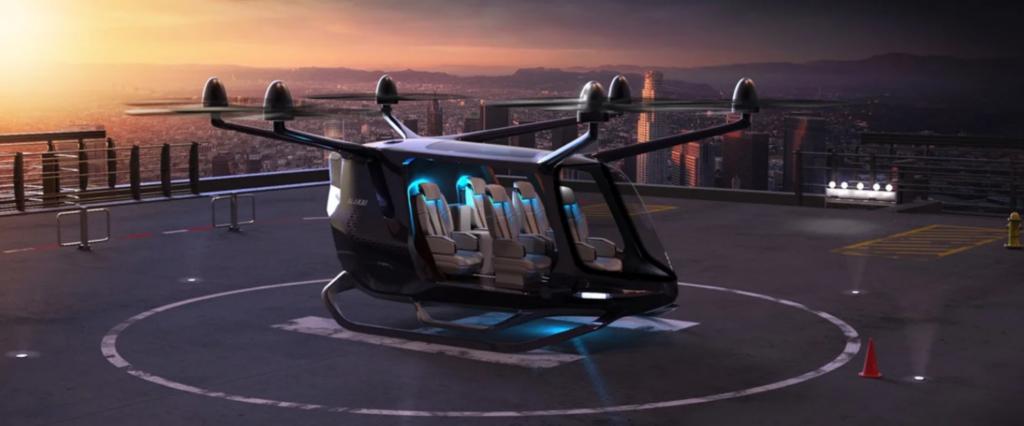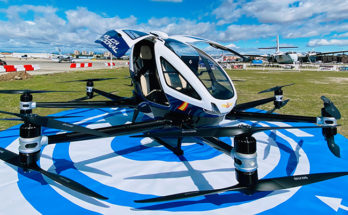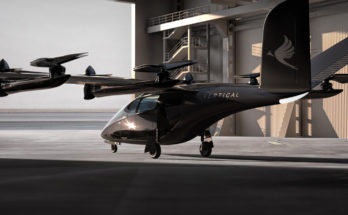
Across the burgeoning eVTOL sector, cognizance of rising environmental pressures and the unique requirements of safely and unobtrusively operating in densely populated urban environments have incentivized contractors to pursue energy sustainability and emissions control as key design principles. The more developmentally mature capabilities associated with conventional electric battery solutions have been the primary vector of development in this domain, but contractors such as the Massachusetts-based Alaka’i Technologies are investing in the propulsion potential of hydrogen fuel cells.
The platform design undergirding Alaka’I Technologies ambitions is the Skai, a five-passenger, manned single-pilot eVTOL aircraft first unveiled in 2019. The Skai features six propellers, powered by electricity-generating hydrogen fuel cells. The platform features a maximum speed of 115 mph, with the company identifying a sweet spot of 85 mph for most operations. The base Skai boast a prospective flight duration of four hours and range of 200 miles, which can be extended with auxiliary liquid hydrogen fuel tanks. Along with the air taxi oriented SkyCab variant, Alaka’i envisions the introduction of an additional line variants aimed at the emergency medical, cargo and VIP-business segments.
According to press reports and statements from Alaka’i representatives from early 2024, flight testing of prototype Skai platforms is ongoing at the time of publication. Alaka’i is hoping to introduce the platform onto the market as early as 2026.




